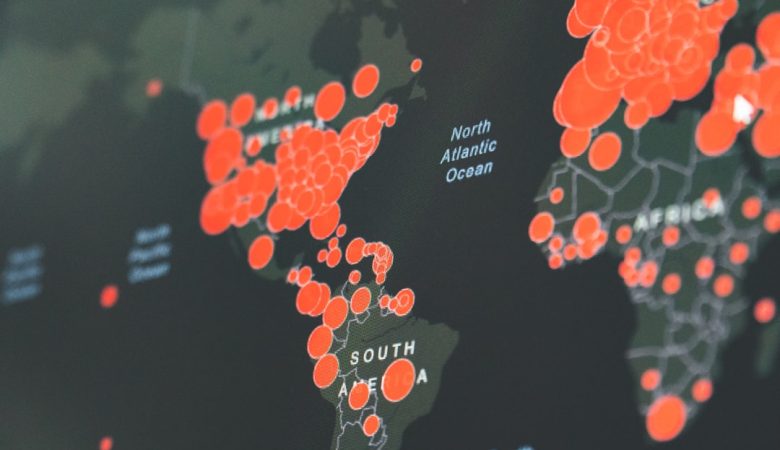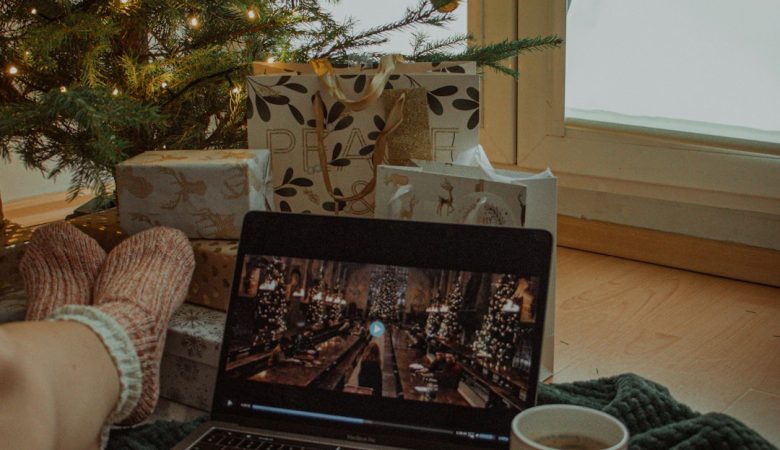In an era where privacy is constantly under threat, the need to maintain anonymity online has never been more important — especially for iPhone users who rely heavily on their devices for everything from banking to messaging. One increasingly popular solution is a residential VPN. But can it really help you stay anonymous on your iPhone? Let’s explore this technology and what it offers in terms of privacy and security.
What is a Residential VPN?
A residential VPN routes your internet traffic through IP addresses assigned to actual physical locations and used by real internet service providers (ISPs). Unlike traditional VPNs that use data center IPs, residential VPNs mimic everyday home user activity, making them much harder to detect and block.
[ai-img]residential vpn, iphone, data protection[/ai-img]
Why Use a VPN on Your iPhone?
iPhones might be known for their robust security features, but they aren’t invulnerable. Every time you browse, your device reveals:
- Your IP address
- Your location
- Your browsing habits
While Apple implements app-level permissions and encryption, this data can still be tracked and exploited by websites, advertisers, and sometimes even malicious actors. That’s where a VPN — especially a residential one — comes in.
How a Residential VPN Enhances Online Anonymity
Here’s how a residential VPN can step up your privacy game on an iPhone:
1. Disguises Your IP Address
A VPN masks your real IP, replacing it with a residential IP from another location. This makes it much harder for websites and services to trace your actions back to you.
2. Prevents Tracking
Marketers use all sorts of techniques to track your activity, like cookies, pixels, and device fingerprinting. While a VPN doesn’t block these directly, the shift in IP addresses helps create a moving target, complicating tracking efforts.
3. Avoids Data Center VPN Detection
Some websites and streaming services have caught on to traditional VPNs and block known data center IPs. A residential VPN mimics real user behavior and appears as a genuine ISP customer, significantly lowering the chance of detection.
Benefits Specific to iPhone Users
Residential VPNs can be particularly beneficial when used on iPhones for several reasons:
- Seamless integration: Many VPN services offer dedicated iOS apps with intuitive interfaces.
- Consistent connectivity: iPhones often switch between Wi-Fi and cellular networks, and a quality residential VPN can maintain anonymity across both.
- App-wide protection: VPNs route traffic from all apps, not just Safari or Chrome, providing device-wide privacy.
[ai-img]iphone vpn app, user interface, data security[/ai-img]
Things to Consider Before Choosing a Residential VPN
While the benefits are impressive, not all residential VPNs are created equal. Here are some points to evaluate:
- Logging policies: Opt for a VPN with a strict no-logs policy to ensure your activity isn’t being recorded.
- Encryption standards: Look for military-grade AES-256 encryption and secure protocols like WireGuard or IKEv2.
- Reputation: Review customer feedback and third-party audits for transparency and trustworthiness.
- Performance: Residential VPNs may have slower speeds due to the nature of IP routing. Make sure the provider offers optimized servers for mobile use.
Downsides to Keep in Mind
Although residential VPNs are powerful tools for anonymity, they’re not perfect:
- They usually cost more than regular VPNs.
- Speed might be an issue, especially on mobile networks.
- Setup can be slightly more complex if there isn’t a reliable iOS app.
Nonetheless, for users highly concerned about privacy, these trade-offs are often worth it.
Final Thoughts
If you’re serious about remaining anonymous while using your iPhone, a residential VPN is one of the most effective tools at your disposal. It disguises your true online identity, reduces tracking, and offers better platform compatibility than traditional VPNs. While it may not make you completely invisible, it’s a major step toward regaining control over your digital footprint — something that’s increasingly valuable in today’s connected world.
Remember, online anonymity isn’t just for tech experts or privacy activists; it’s becoming a necessity for anyone who values their personal information. So whether you’re browsing your favorite sites, using GPS apps, or sending messages, the question shouldn’t be whether you should use a residential VPN on your iPhone — but how soon you can get started.





